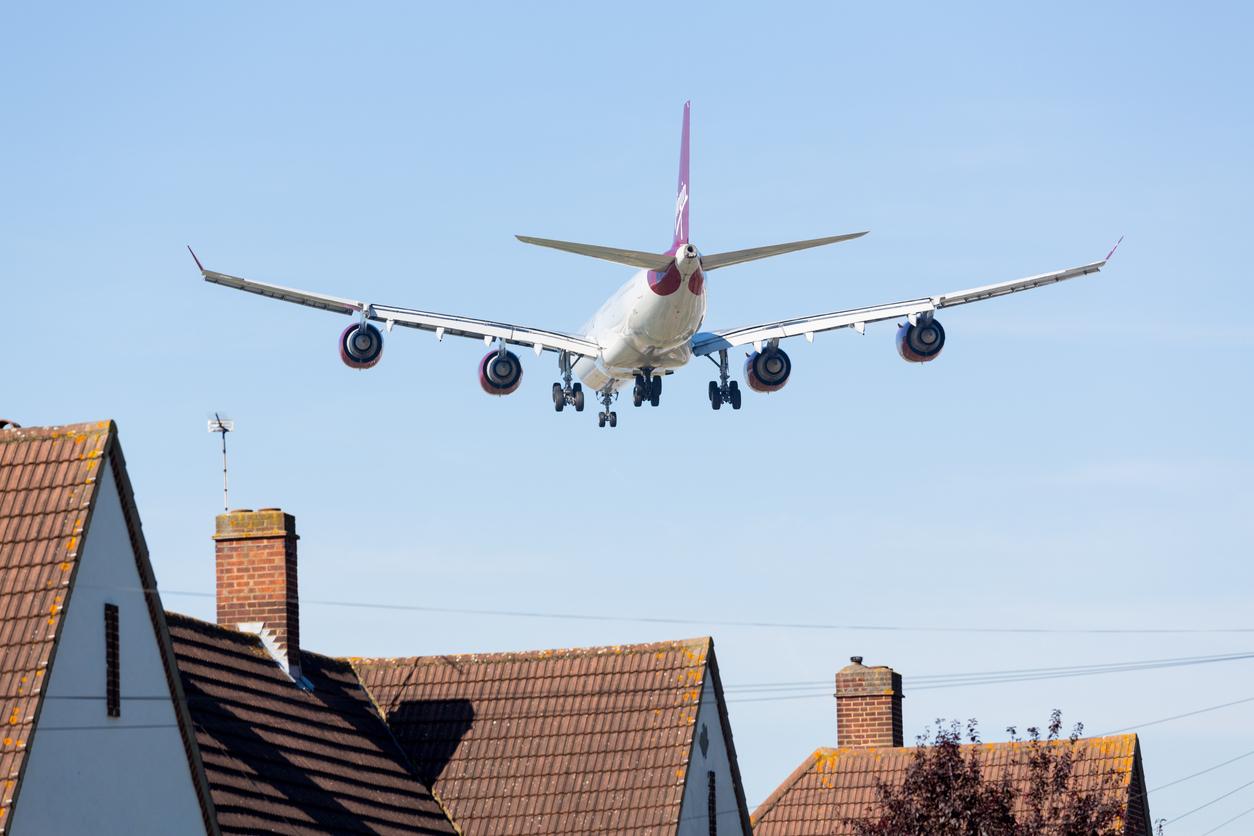If you have planned to spend the end of the year holidays in peace, in the countryside, you have surely made the right decision for your health.
The European Environment Agency (EEA) reveals that the noise generated by road traffic insidiously harms our cardiovascular health, causing more than 10,000 deaths per year in the European Union. In its report published this Friday, December 19, 2014, the EEA specifies that this type of traffic is the first source of noise exposure (90%), far ahead of rail traffic, airports, factories and ports.
According to EEA estimates, 125 million Europeans are affected by these nuisances (i.e. 24% of the EU population, or 1 in 4 Europeans), and affected by a level sound on average equal to 55 decibels. And among them, 20 million (or 16%) say they are bothered by this incessant noise, and 8 million suffer from sleep disorders.
If we only take into account agglomerations with more than 100,000 inhabitants, it is in Bulgaria, Switzerland, Luxembourg, Belgium and even Austria that we are most exposed to road traffic noise. Conversely, Malta, Germany and Iceland are the least affected European countries. As for France, it is not spared by the problem, and is placed in the average: 50% of the inhabitants of the big cities undergo more than 55 decibels on average. But these figures put forward by the EEA could well be underestimated, since they are based only on cities of 100,000 to 250,000 inhabitants, which excludes the 8 largest cities, and the smallest French agglomerations.
A real impact, yet hardly visible and underestimated
Beyond the discomfort felt, the road traffic noise insidiously degrades our health without our being necessarily aware of it. By causing stress, sleep disorders or anxiety, noise has a negative effect on our cardiovascular health. According to a report by the World Health Organization (WHO), it is between 50 and 55 decibels that the risk of hypertension,infarction or even stroke begins to increase.
In the EU, road traffic noise is therefore responsible for 900,000 cases of hypertension, 43,000 hospitalizations and 10,000 premature deaths per year, according to the EEA. In children, it is at the level of concentration that these nuisances would be harmful: 8,000 European children would experience reading difficulties each year because of this noise.
“Due to the incomplete reporting of the data provided, these figures are certainly significantly underestimated, perhaps by a factor greater than 2, warns the EEA in its report, the impact on society is probably much more important. “
In the 7th version of the 2013 environmental action program, the European Union set itself the objective of reducing noise pollution to a nighttime level of 40 decibels outdoors by 2020, as recommended by the ‘WHO. If the bet seems very ambitious, Europe has another 5 years to try to stick to it.
Read also :
Cardiac arrest: an aggravated risk when living near a major road
Heart attack: beware of traffic noise!
Pollution: what are the risks for our health?
We discovered why stress damages the heart














